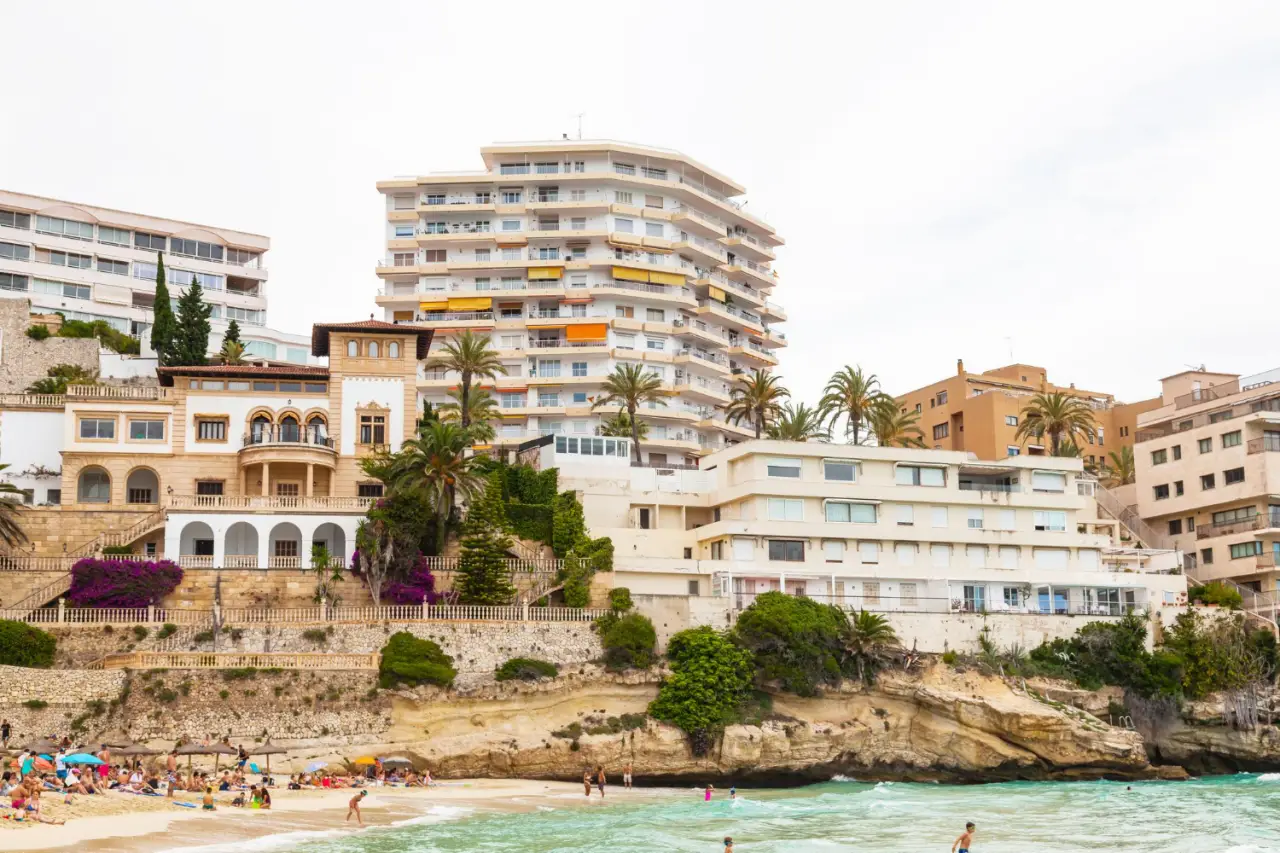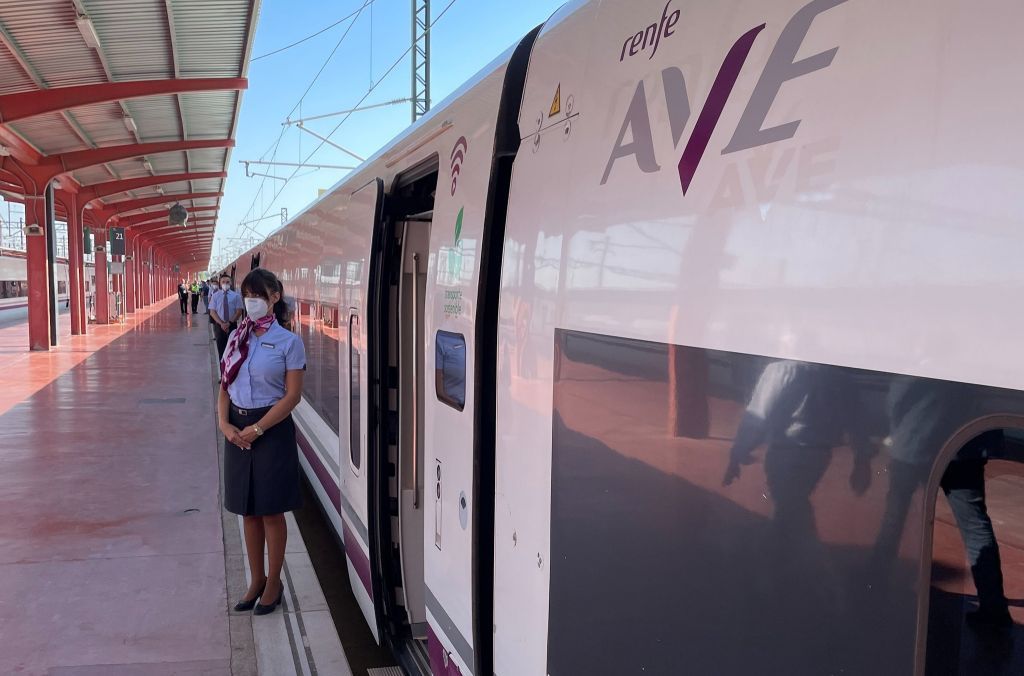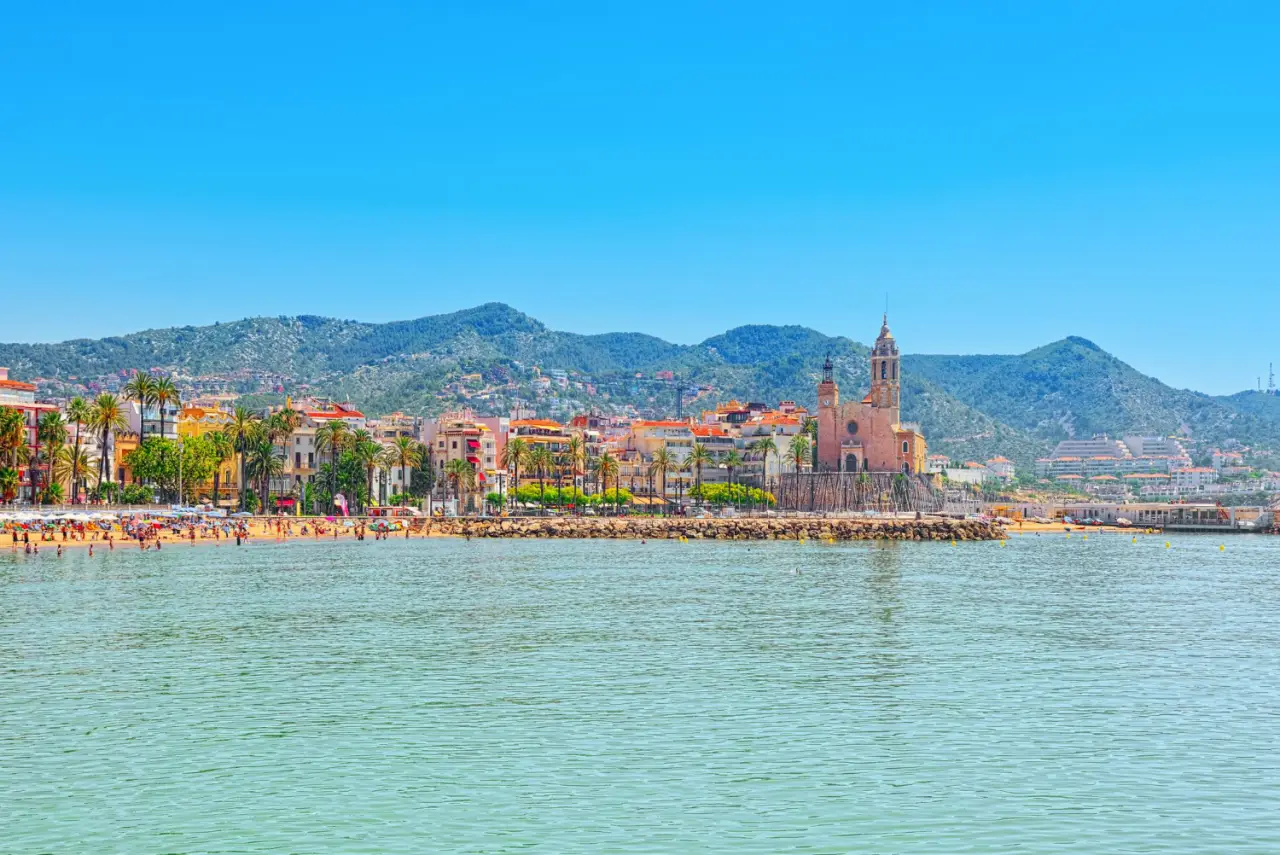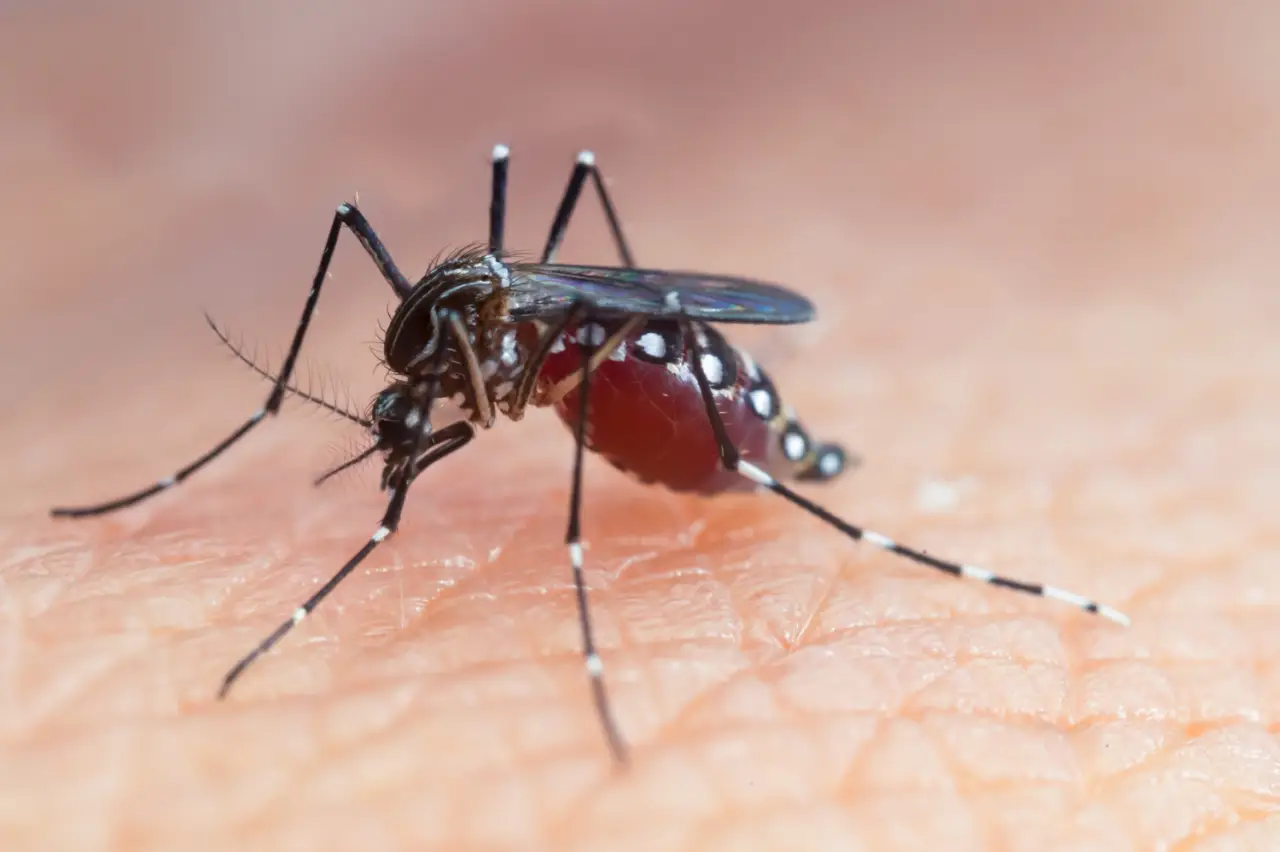Spain is set to implement a “Zero Tolerance on Tap” policy by tightening alcohol limits for drivers.
The new General Regulations for Drivers, which have been in development for several months, have finally reached their final stages and are expected to be enforced soon.
This significant reform aims to curb the rising number of road accidents and fatalities by lowering the permissible blood alcohol level for professional drivers from 0.25 mg/l to 0.10 mg/l.
The primary goal of this reform is to prevent an increase in road deaths, reduce aggressive driving behavior, and discourage the consumption of alcohol and drugs while driving. It also aims to control speeding and promote the correct use of all types of vehicles.
Despite this effort, there is some public discontent as many citizens advocate for a complete alcohol ban for all drivers, not just professionals.
This new regulation specifically targets professional drivers, including transporters, taxi drivers, and private drivers.
According to the latest summer campaign by the General Directorate of Traffic (DGT), the new limit of 0.10 mg/l applies to all individuals who make their living behind the wheel.
In 2023, of the 1,145 road fatalities in Spain, only 75 involved vehicles driven by professionals, yet the DGT believes this change is crucial for overall road safety.
The reduced alcohol limit essentially means professional drivers must abstain from alcohol completely to avoid legal issues during traffic controls. The penalties for exceeding the new limit are steep, with fines ranging from 500 to 1,000 euros, reducible by 50% if paid within 20 days.
What Tourists and Car Renters Need to Know
For international visitors traveling to Spain and planning to rent a car, it’s crucial to be aware of the country’s stringent alcohol limits.
While the new regulations primarily target professional drivers, tourists should also exercise caution and adhere to the existing alcohol limit of 0.25 mg/l for non-professional drivers.
Example of the 0.25 mg/l Alcohol Limit
Let’s break down what the 0.25 mg/l alcohol limit means in a more relatable way. Imagine enjoying a small glass of wine (about 150 ml) or sipping on a half pint of beer (around 250 ml). For most people, that’s the maximum they can have and still legally drive in Spain.
Keep in mind, though, this can vary depending on your weight, metabolism, and whether you’ve eaten.
Just a heads-up: even a little bit of alcohol can mess with your driving skills. A lot of people end up driving faster than they should and that can get you in hot water if the police stop you. So, when you’re unsure, it’s smarter to skip the drink altogether if you’re going to be driving. Better safe than sorry!
Spain’s commitment to road safety means that traffic controls are frequent, and the authorities are vigilant about enforcing these rules.
Speeding fines in Spain
In Spain, speeding can cost you more than just a bit of fuel. Fines for speeding are no joke and can quickly add up. If you’re caught going over the limit, you could be looking at fines ranging from €100 to €600, depending on how fast you’re driving. And it’s not just about the money—getting caught speeding can also add penalty points to your driving record.
Speed cameras are pretty common, so it’s best to keep an eye on those speed limits and take it easy on the gas pedal.
As Spain moves forward with this stringent reform, it sends a clear message about its commitment to road safety and the importance of responsible driving.
By embracing a “Zero Tolerance on Tap” approach, Spain hopes to set a precedent that could inspire other countries to adopt similar measures for the safety of their roads.
















